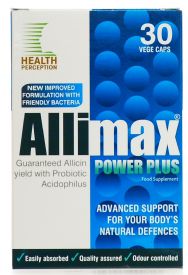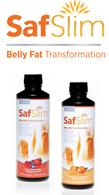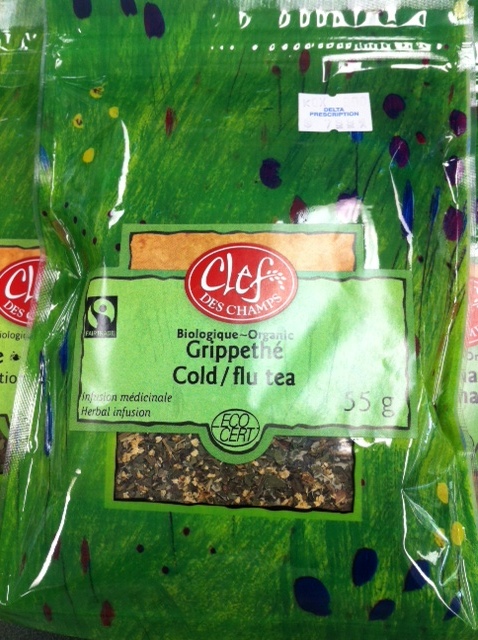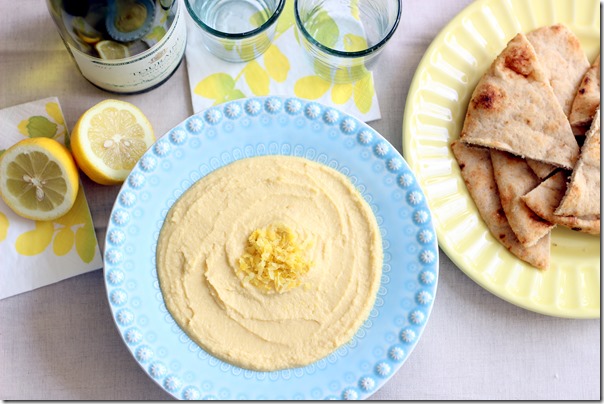
|

|

Delta Prescription Newsletter - April 2013
Feature Product for April - Allimax

Visit our website at www.deltaprescription.com to find out about all our services as well as getting the latest news at The DPC. Also, save time by ordering your refills online via our website.
If you’re on Facebook, check out our page to see the latest natural and herbal products we have in store as well as print off a Facebook exclusive coupon to use in store. With this coupon, receive 10% off any product listed in our Facebook photo albums! Click on the picture above to take a look.
April Promotions –



- Clef Herbal Teas - Organic, herbal tea leaves will infuse into a hot glass of water to help you with a variety of ailments including indigestion, cough and cold & flu symptoms.
- SAF Slim $37.99 (regular $41.99) – endorsed on television on the Dr. Oz Show and by Montell Williams, SAF Slim is a natural safflower oil that specifically targets omentum fat, the fat that is found only on your belly. In a study conducted at Ohio State University, participants lost an average of 6-10% of their belly fat on SAF Slim alone!
- Val's liquid and foam soap SALE $5.99/$4.99 pump/liquid - Val's soaps are made from organic vegetable oils which act as natural moisturizers. Your hands, and planet earth will thank you.
- Incredisoles shoe insole $9.99 (regular $25.99) - unlike most other insoles where your foot must conform to the shape of the insole or orthodic, Incredisoles form to the shape and contours of your foot. They will turn every step into a cushiony, soft joy no matter what you are doing.
April Healthy Living Article - What exactly do I need to know about gluten?

If you're confused by the gluten-free diet craze, you're not alone. I hear about it all the time and even I, on occasion, still get confused about what exactly contains gluten and what exactly I should be doing about it.
Here are five things you need to know:
1. It's a protein that can cause problems. Gluten is the major protein found in some grains. It is present in all forms of wheat as well as in barley and rye.
But gluten can also turn up in unexpected places, like certain brands of chocolate, imitation crab, deli meats, soy sauce, vitamins and even some kinds of toothpaste.
Gluten is different from protein in other grains (such as rice) and in meat (such as steak) in that it is difficult for humans to digest completely. It can make some people very sick. But not everyone.
2. You probably don't need to completely avoid it. For some people, about 1% of the population, gluten can be a matter of life or death. These people have a condition known as celiac disease.
True celiacs, as they are called, are so sensitive to gluten that even a trace amount can make them very sick. Because gluten damages the lining of the small intestine in those with celiac disease, it can lead to a host of health problems ranging from chronic diarrhea and abdominal cramping to osteoporosis and even the risk of some cancers.
Unless you are part of that 1% (and only special tests will let you know if you are), it's unlikely that you will need to live a completely gluten-free lifestyle.
3. You may need to cut back. With the significant increase in our gluten intake over the past 50 years due to the ubiquity and over-consumption of products made with highly refined wheat flour, we are just beginning to appreciate gluten's impact on our health.
As a society, we are in a state of "gluten overload," and millions of people of all ages and all walks of life are suffering as a result of a condition that was recognized only a few years ago, called gluten sensitivity.
When people with gluten sensitivity eat foods containing gluten, it triggers unpleasant symptoms: stomach pains, bloat, heartburn, joint pains, headache, skin rashes, fatigue, insomnia and brain fog, to name some of the most common. Although many of these symptoms are similar to those experienced by celiac sufferers, if you turn out to be gluten-sensitive, it probably won't require giving up gluten entirely.
In practice, eliminating gluten for a few weeks and gradually reintroducing it is the best way to assess your body's response to gluten and determine your own gluten threshold. By gradually introducing gluten-containing grains and other foods, you'll get an understanding of which of these foods, or how much of them, your body can process without triggering symptoms.
4. Living gluten-free can make you fat. Some people who go off gluten to lose weight end up gaining weight instead. That's because they consume gluten-free packaged products that are often just as high in saturated fat, sugar and sodium as other junk food, and these products often contain high-glycemic refined ingredients like white rice flour or fillers like potato starch that can affect your blood sugar and trigger cravings.
If you find that you can't eat just a few gluten-free crackers, for example, without going back for half the box, this product spells trouble. You're far better off sticking with naturally gluten-free foods, including vegetables and fruits, lean meats, fish and poultry, certain whole grains like brown rice and quinoa, reduced-fat or fat-free dairy, nuts and seeds, beans and other legumes, and healthy fats, like extra-virgin olive oil and canola oil.
5. Gluten is not something to fear. People need to be gluten-aware, not gluten-phobic. This happens when they learn where they fit on the gluten sensitivity spectrum and discover their own level of gluten tolerance.
On one end of the gluten spectrum, for example, are some professional tennis players who never felt sick but when they drastically cut down on gluten found increased energy that enabled them to win long, tough matches that they had previously been losing.
On the other end of the spectrum are people who frequently feel like they've been hit by a bus when they wake up in the morning with headaches, stomach aches, joint pains and fatigue. Once they start paying attention to gluten in their diet, they wake up feeling great and pop out of bed in the morning.
Not everyone who is sensitive to gluten necessarily has to be gluten-free. This is important, since leading a gluten-free life is difficult and can be expensive.

Ingredients:
1 can (16oz) chickpeas
2 tsp garlic, minced
1/2 cup extra virgin olive oil
1/2 tsp ground cumin
1/4 cup fresh lemon juice
salt and pepper
Directions:
[[UNSUBSCRIBE]]

